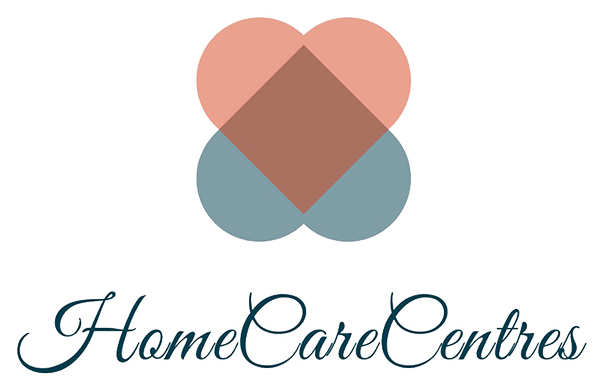
When adult children face the moment of taking on the responsibility for their aging parents' care, it can be exhausting, frustrating, and scary. Yes, many times it is in an emergency where someone has fallen, or has been in too many accidents lately, forgetting to take their medications, or you just notice a vast difference in how your parent or loved one used to interact.
As people live longer and family dynamics evolve, many adult children are finding themselves in the role of caregiver to their aging parents. While some older adults openly welcome the support, others may resist or even reject help, especially when they’ve spent years planning for their future. This emotional and logistical shift can bring both love and tension to the forefront of family life.
Working as an adult in-home caregiver certainly puts us in the middle of care conversations where we can assist, learn, and provide meaningful suggestions to families. Most of the time, we are not asked and properly avoid contributing, even though we certainly could be helpful
This article from Yahoo! https://www.yahoo.com/lifestyle/im-retired-70s-dont-expect-091401016.html(originally published by Business Insider) explores a growing trend: aging parents who are financially, emotionally, and legally prepared for their later years—yet find themselves at odds with well-meaning children who want to take over. Some parents fight back for as long as they can. Sadly, sometimes adult children claim their parents have overspent and they cannot afford to live the lifestyle they have envisioned. Unfortunately, they are many times just wanting their inheritance earlier.
When Prepared Parents Push Back
Contrary to what some may assume, not every older adult wants their children to step in and manage their affairs. Many baby boomers have made detailed plans—wills, advanced directives, long-term care insurance, even prepaid funeral arrangements. They’ve done their homework, and they value their independence. They are educated, have long consulted with their financial planners, bought sufficiently long-term early, and are ready to enjoy their senior years.
When adult children begin to “help” in ways that undermine those plans—making decisions, taking control of finances, or assuming authority—it can lead to resentment. For these aging parents, the shift in roles feels unnecessary or even disrespectful. It will hasten their aging and even cause a rift in the family.
“I’ve spent decades making sure I wouldn’t be a burden,” one senior told Business Insider. “Now my daughter wants to manage my life. I love her, but I’m not ready to hand over the reins.”
The Emotional Tug-of-War
For adult children, watching a parent age can be an emotional experience, especially when they perceive physical or cognitive decline. The urge to protect and provide is strong. But stepping in too soon or too forcefully can damage trust and create friction.
This situation is even more complex when parents are not open to being cared for and insist on maintaining their independence. The adult child may feel helpless, rejected, or even guilty for not doing enough, while the parent may feel as if they are being treated like a child or disrespected.
Here are a few common reactions aging parents may have when adult children take on caregiver roles:
-
Gratitude: Some parents are deeply appreciative and find comfort in the care.
-
Frustration: Others feel their privacy and autonomy slipping away.
-
Embarrassment: Accepting help can be a blow to one’s pride.
-
Resistance: Parents may actively push back, especially if they feel capable.
-
Relief: In certain cases, they’re thankful someone is finally stepping in.
Finding Balance: Respecting Preparedness and Offering Help
The key to harmony often lies in communication. An early family meeting before people are too emotional about their parents aging and leaving them someday can be quite useful. Prepare that exit plan. Adult children should start with honest, respectful conversations—listening to what their parents want, not just what they need. Here are a few ways to bridge the gap:
-
Ask before acting. Offer support instead of assuming control.
-
Review existing plans. If your parent has legal documents and care plans, ask to review them together.
-
Check in, not check up. Frame your visits and calls around connection, not inspection.
-
Let them lead. If your parent has a plan, respect it unless there’s a serious reason not to.
-
Make it collaborative. Share concerns without being patronizing.
The journey of caregiving isn’t always linear, and each family writes its own story. Some aging parents want their children to step in fully, while others are determined to age on their terms. Neither approach is wrong, but both require compassion, communication, patience, and flexibility
And if you’re navigating this shift yourself, consider creating a family care plan that honors everyone’s needs, from autonomy to assistance. Consider the days your parents may need you if dementia has set in or someone has a stroke, is on 24/7 oxygen, or their meal plan needs to change. Your time will come to help your parents. Do not rush it.
